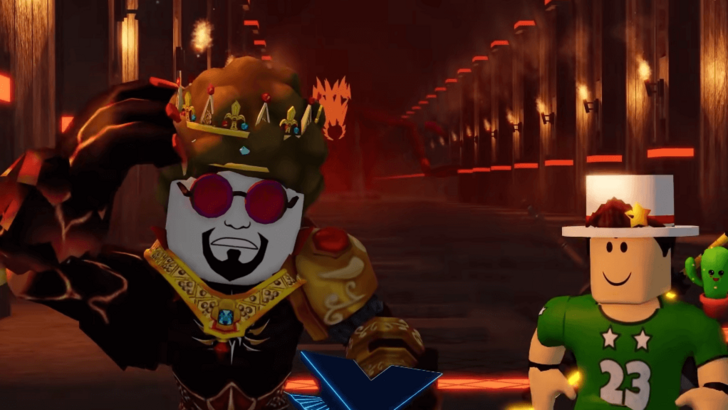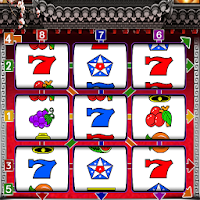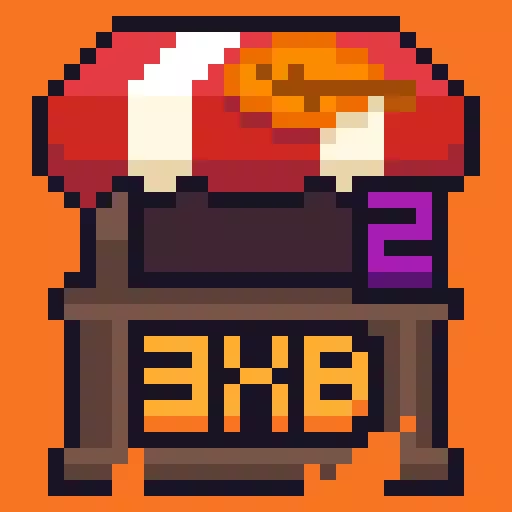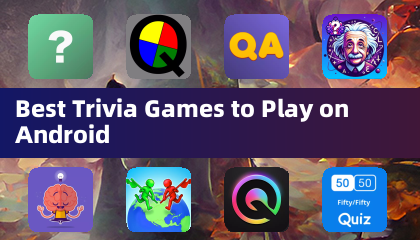A Global Malware Campaign Targets Online Gamers Seeking Cheat Scripts
A significant malware campaign is targeting online gamers, particularly those seeking cheats for games like Roblox. The malware, written in Lua, is disguised as cheat scripts and is infecting users worldwide.

The attackers leverage the popularity of Lua scripting in game development and the prevalence of cheat-sharing communities. Using "SEO poisoning," they make malicious websites appear legitimate in search results. These sites often offer fake versions of popular cheat engines like Solara and Electron, frequently associated with Roblox. Users are drawn in through deceptive advertisements.

Lua's ease of use and widespread adoption in games (including Roblox, World of Warcraft, Angry Birds, and Factorio) contribute to the malware's effectiveness. The malicious scripts, often presented as GitHub push requests, download and execute a batch file. This establishes communication with a command-and-control (C2) server, enabling data exfiltration and the download of further malicious payloads. These payloads can lead to data theft, keylogging, and complete system compromise.

The Roblox platform, with its user-generated content and Lua-based scripting, presents a significant vulnerability. Malicious scripts are embedded within third-party tools and packages, such as the Luna Grabber malware distributed via the "noblox.js-vps" package (downloaded 585 times before detection).

While some might view this as poetic justice for cheaters, the reality is that the risks far outweigh any perceived benefits. The potential for data theft and system compromise is substantial. This highlights the importance of practicing good digital hygiene and avoiding untrusted sources when seeking game modifications.

The temporary advantage gained by cheating is not worth the significant risk to personal data and online security.















